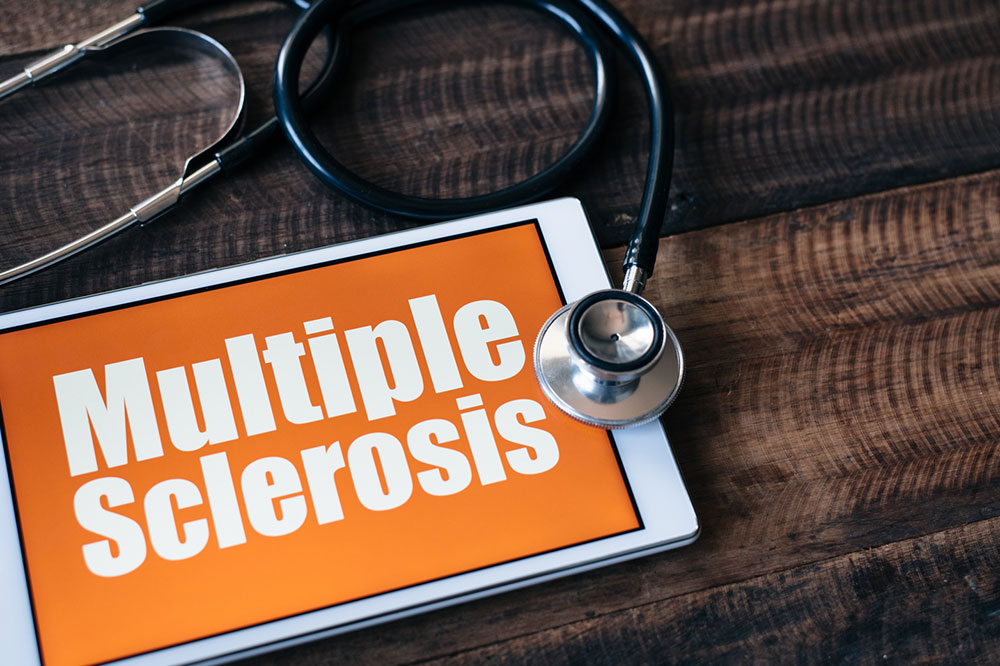Comprehensive Guide to Recognizing and Managing Multiple Sclerosis Symptoms
This comprehensive article provides detailed insights into recognizing and managing multiple sclerosis (MS). It covers the key symptoms such as vision problems, mobility issues, cognitive challenges, and bladder control issues. Emphasizing early diagnosis and tailored treatment strategies, the article helps readers understand how to effectively control symptoms and improve quality of life with MS. It highlights the importance of medical consultation, ongoing monitoring, and lifestyle adjustments, empowering patients to live actively despite this complex neurological disorder.

Comprehensive Guide to Recognizing and Managing Multiple Sclerosis Symptoms
Multiple sclerosis (MS) is a complex and chronic neurological disorder that primarily affects the central nervous system, including the brain and spinal cord. This disease disrupts communication pathways within the body and can significantly impact an individual's quality of life. Given the variability of symptoms and their episodic nature, early recognition and prompt medical intervention are essential for managing the disease effectively. In this detailed guide, we explore the key indicators of MS, how to recognize its symptoms, the importance of early diagnosis, and strategies for managing the condition to maintain a healthy, active lifestyle.
Visual disturbances, including blurred vision, double vision, or partial loss of sight
Muscle weakness and numbness in limbs or face
Difficulty with coordination, balance, and walking
Fatigue that worsens over time
Cognitive challenges such as memory problems and difficulty concentrating
Bladder and bowel control issues
Muscle stiffness and spasms
Understanding these symptoms is crucial, as they can appear gradually or suddenly, often mimicking other neurological conditions. MS typically manifests in individuals aged 20 to 40, but it can occur at any age. The disease’s unpredictable course makes ongoing monitoring vital. Symptoms tend to recur periodically, which can complicate diagnosis, but awareness and vigilance can lead to earlier detection and intervention.
Recognizing the signs of MS involves paying close attention to changes in vision, sensation, movement, and mental function. For instance, patients might experience episodes of blurred or double vision, often triggered by fatigue or heat. Cognitive difficulties, such as forgetfulness or trouble concentrating, are common in progressive stages. Many patients also report issues with bladder and bowel management, which can significantly affect daily life. Additionally, muscle stiffness, spasms, and coordination losses often manifest as challenges with walking or maintaining balance.
Early diagnosis is critical for effective management. Medical professionals typically use a combination of neurologic exams, magnetic resonance imaging (MRI), lumbar puncture, and blood tests to confirm the diagnosis. Since MS symptoms can resemble other neurological disorders, comprehensive testing and careful assessment are necessary to distinguish MS accurately.
Once diagnosed, treatment strategies focus on managing symptoms, modifying disease progression, and improving quality of life. Disease-modifying therapies (DMTs) are often prescribed to reduce the frequency and severity of relapses, while physical therapy can help maintain mobility and strength. Symptom-specific treatments like muscle relaxants, pain relievers, and bladder medications can alleviate particular issues. Lifestyle adjustments such as regular exercise, a healthy diet, stress management, and adequate rest are also essential in managing MS effectively.
Living with MS requires a proactive approach. Patients should work closely with healthcare providers to tailor management plans suited to their specific symptoms and disease course. Monitoring for new or worsening symptoms, maintaining a symptom diary, and attending regular medical appointments are crucial for early intervention.
In addition, support systems—including counseling, support groups, and educational resources—play a vital role in helping patients cope with emotional and physical challenges. Although MS can be unpredictable and challenging, advancements in treatment options have transformed this disease from a seemingly debilitating diagnosis to a manageable chronic condition, allowing many patients to lead active and fulfilling lives. Understanding the key indicators of MS, recognizing early symptoms, and seeking prompt medical care are fundamental steps toward effective disease management and a better quality of life.





